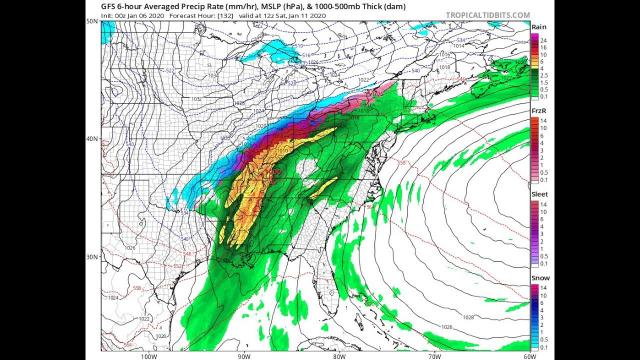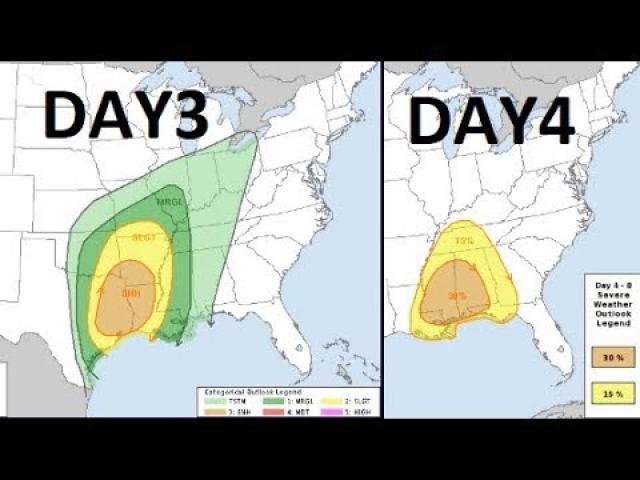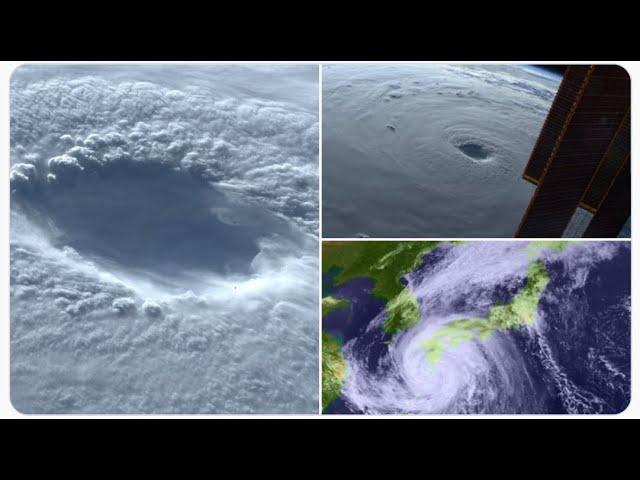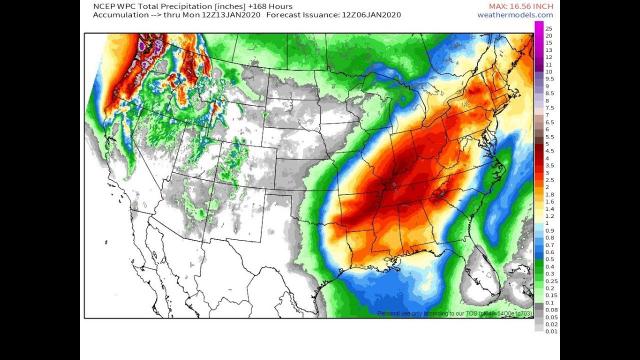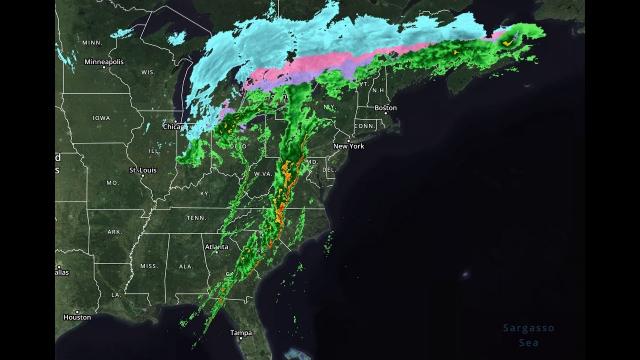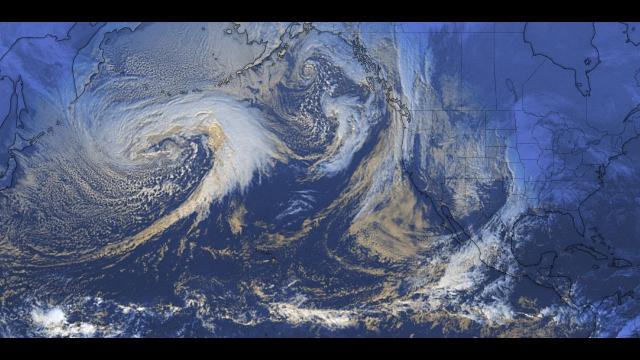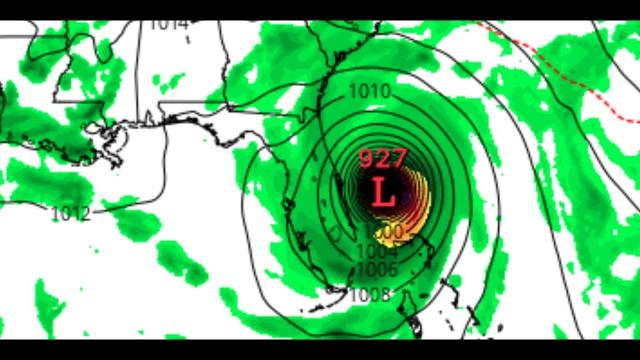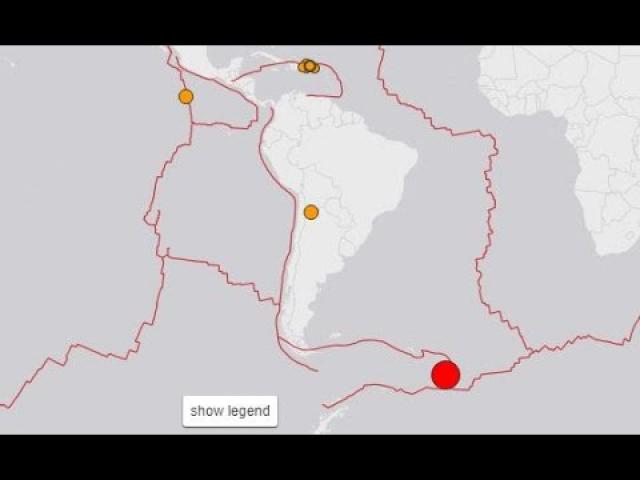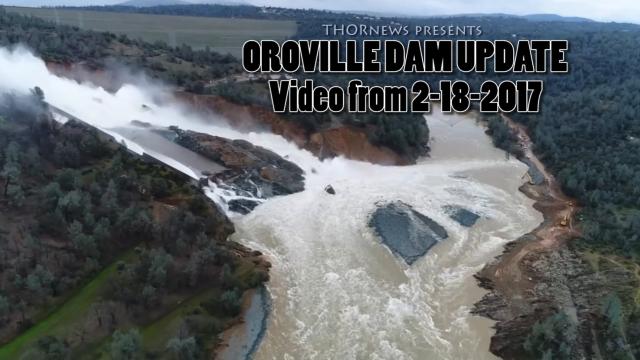6.6 Puerto Rico Earthquake, Solar Storm & Major FLOOD, ICE & TORNADO STORM
Description
We are still on super red alert through January 15th.
God bless everyone,
T LEWISON
5430 BIRDWOOD RD. #416
HOUSTON TEXAS 77096
WWW.PAYPAL.ME/THORNEWS
www.venmo.com/TEric-Lewison
$THORnews on CashApp
https://www.patreon.com/thornews
check out the CrankywxGuy blog. he is awesome
http://www.stormhamster.com/entry2/e010420.htm
video on the storms
https://weather.com/forecast/regional/news/2020-01-05-late-week-storm-wet-mild-east-severe-weather-south
Late Week Storm to Bring Rain, Severe Storms to Central and Eastern U.S.; Snow and Ice Likely Pinned to Northern Tier
A storm system late this week will bring rain to a large area of the central and eastern U.S.
Strong to severe thunderstorms are possible in parts of the South.
A lack of cold air means any snow and ice will likely be pinned to the nation's northern tier.
A multi-day storm will bring rain instead of snow or ice to many areas in the central and eastern United States late this week as it moves into unusually mild air for January. Severe thunderstorms could even threaten parts of the South.
Disturbances in a southward plunge of the jet stream and an associated cold front will slowly migrate east of the Rockies by Thursday. Southerly winds ahead of the front will send temperatures 10 to 30 degrees above average for January in many parts of the South and East.
That means rainfall, possibly heavy in spots, will be abundant because many areas will be too mild for snow or ice. But some wintry weather is possible near the Canadian border, and there's a chance this storm could also produce a band of snow elsewhere in the Midwest if colder air eventually wraps in.
Here's a look at our current forecast, but keep in mind that changes are likely over the next few days.
Thursday
A band of rain is forecast from parts of eastern Texas and eastern Oklahoma into the lower and mid-Mississippi Valley, Ohio Valley and southern Great Lakes.
Snow, or rain changing to snow, is predicted closer to the Canadian border in parts of the upper Mississippi Valley and northern Great Lakes.
Thursday night, that area of rain may spread eastward into much of the Midwest and Deep South.
Snow, sleet or freezing rain might develop Thursday night in parts of upstate New York, with mainly snow forecast in northern New England.
Rain is expected from the Southern Plains to the lower and mid-Mississippi Valley, Ohio Valley, mid-Atlantic and South. Strong to severe thunderstorms are possible from eastern Texas and eastern Oklahoma to the lower Mississippi Valley and Deep South.
It's possible that rain may fall as far north as southern New England and parts of upstate New York. Any snow or ice will likely be pinned to northern New England, northern New York and the Catskills.
Friday night, any wintry precipitation in the Northeast may be confined to northern Maine and the Adirondacks, while rain is expected over a broad area from the Southern Plains to the lower and mid-Mississippi Valley, Ohio Valley, South and East. Strong to severe storms will remain possible from eastern Texas to the lower Mississippi Valley and Deep South as well.
Colder air wrapping in on the backside of the storm system might cause a band of snow, or rain changing to snow, to develop from parts of central Oklahoma and eastern Kansas to northern Missouri, southeastern Iowa, northern Illinois, southeastern Wisconsin and northern Lower Michigan.
Saturday
Rain is forecast to continue from eastern Texas and eastern Oklahoma to the lower Mississippi Valley, Ohio Valley, South, mid-Atlantic and most of the Northeast. Strong to severe thunderstorms are possible across the Southeast.
A band of snow, or rain changing to snow, is predicted from central Oklahoma and southeastern Kansas to northern and central Missouri, southeastern Iowa, northern and central Illinois, southeastern Wisconsin, Lower Michigan and far northern New England.
Saturday night, rain might continue from the South to the mid-Atlantic, as colder air continues to change the rain over to snow from central and northern Missouri to central and northern Illinois, southeastern Iowa, Wisconsin, Michigan, northern Indiana, northern Ohio, upstate New York and northern New England.
The storm system will finally push off the East Coast next Sunday

